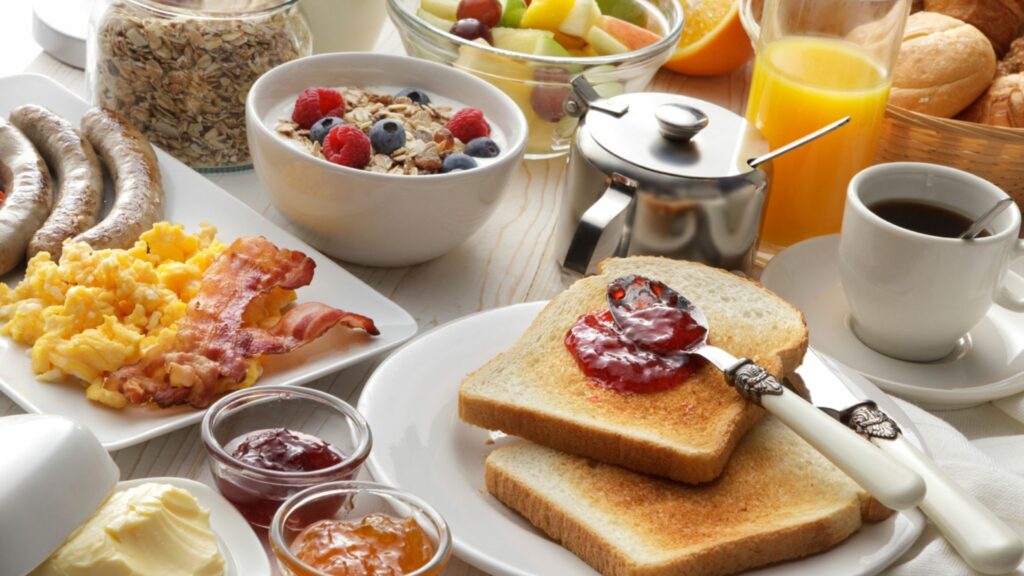The Belgian Presidency of the Council of the EU and the European Parliament have reached a provisional agreement to enhance consumer information requirements for honey, jams, fruit juices and dehydrated milk.
In a significant stride toward empowering consumers and promoting healthier dietary choices, this agreement focuses on the so-called 'breakfast directives', which will usher in updates to the rules governing the composition, labelling and nomenclature of these food products.
The primary objective of these updated directives is to facilitate a transition toward healthier diets, enable people to make well-informed choices and ensure transparency on the origin of the products.
The newly negotiated marketing standards are poised to play a crucial role in guaranteeing the high quality of the food consumed, combating food fraud and fostering consumer confidence.
Combatting food fraud
Belgian Agriculture Minister David Clarinval (MR) emphasised the significance of the deal. "The deal we have reached on these revised standards will empower consumers to make well-informed choices regarding the food they consume and will help combat food fraud," he stated in a European Council press release.
When it comes to honey, the directive states that the label will now indicate the countries of origin in descending order based on weight, providing consumers with a clearer understanding of the blend's composition. The percentage that each country represents in the blend will be included on the label, enhancing transparency.
Member States have the flexibility to mandate percentage indication for the four largest shares representing over 50% of the blend's weight. For packages under 30 g, a two-letter ISO code can replace the names of the countries of origin.
A platform of experts will assist the Commission in developing methods to detect honey adulteration and strengthen controls to combat fraud.
Related News
- Several Brussels vegan spots crowned best in Belgium
- 'I've never cooked for myself': Ghent octogenarian enjoys 60 years of restaurant feasts
- Best in Town: Where to go for brunch in Brussels
Regarding fruit juices, to address the rising demand for reduced-sugar products, the agreement introduces three new categories: 'reduced-sugar fruit juice', 'reduced-sugar fruit juice from concentrate', and 'concentrated reduced-sugar fruit juice'. Operators are permitted to use the label 'fruit juices contain only naturally occurring sugars'.
In terms of fruit jams, the directive states that the minimum fruit content in jams and extra jams (jams with a percentage of pulp of at least 45% of the total composition) will be increased by 100 g more per kilogram for jams, and 50 g more per kilogram for extra jams.
Distinct rules for the two categories have been established: 450 g as a general rule for jam and 500 g for extra jam. This increase aims to reduce sugar content, enabling consumers to make healthier choices.
The directive also states that dehydrated milk products can now use treatments producing lactose-free variants, broadening options for consumers with specific dietary needs.
The next steps involve continued technical work to finalise the details of the revised directives in the coming weeks. The provisional agreement will then be presented to Member States' representatives in the Special Committee on Agriculture for endorsement, followed by a legal/linguistic review before formal adoption by the co-legislators and entry into force.

